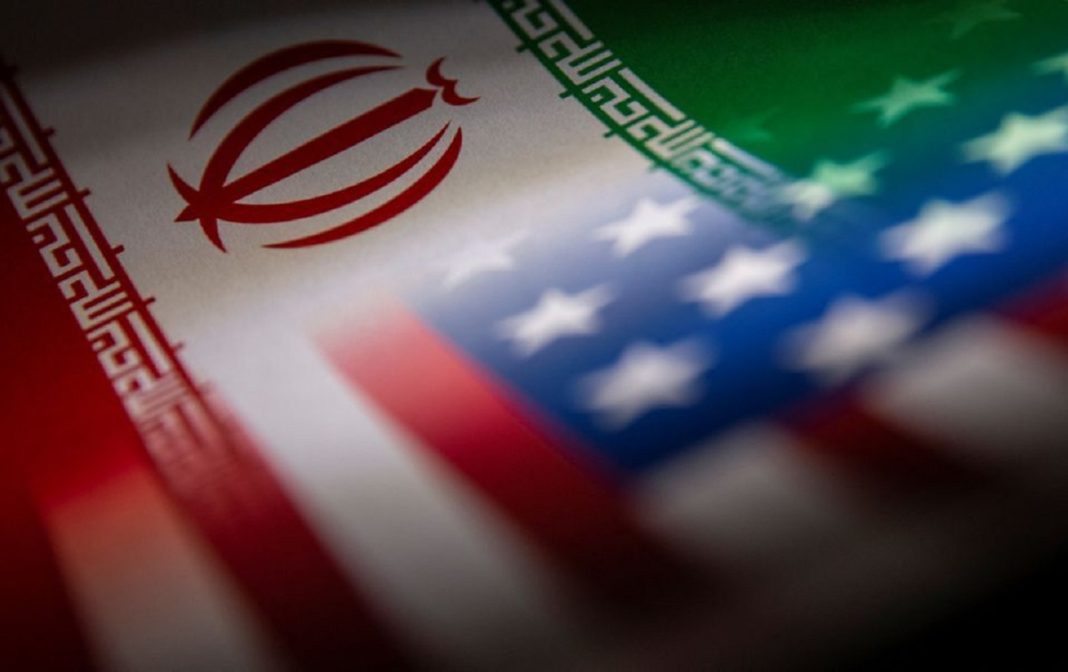Just a week ago Washington officials were hopeful that an agreement that aimed to halt Iran’s march toward nuclear weapons capability, after almost one year of negotiations, was within reach.
Tehran denies seeking nuclear weapons, stressing it wants to master nuclear technology for peaceful purposes.
“We are close to a possible deal, but we’re not there yet,” Price said on March 16, adding, “We do think the remaining issues can be bridged.”
US officials stated they thought Tehran would reach an agreement after Sunday’s celebration of Nowruz, the Persian New Year.
But that tone suddenly changed the following day.
“I want to be clear that an agreement is neither imminent nor is it certain,” Price said Monday.
And on Tuesday, while refusing to say the talks had reached an impasse, Price stated the United States had contingency plans if a deal could not be reached and Iran’s alleged plans to develop nuclear weapons were not halted.
“The onus is on Tehran to make decisions that it might consider difficult,” Price told reporters.
“In fact we are preparing equally for scenarios with and without a mutual return to full implementation of the JCPOA,” he added, referring to the formal name of the 2015 deal, the Joint Comprehensive Plan of Action.
The administration of president Donald Trump unilaterally abrogated the six-party JCPOA in 2018, branding it a weak deal.
Iran remained patient for an entire year, after which it began to take incremental steps away from its nuclear obligations, especially after Europeans failed to salvage the deal under the US pressure.
Last April, three months after he took office, President Joe Biden started new negotations to revive the 2015 agreement, promising an easing of punishing sanctions in exchange for restoring JCPOA controls.
Iran insists that the talks must lead to the removal of all American sanctions that were imposed against Tehran following Washington’s unilateral withdrawal from the landmark agreement in May 2018. Tehran has also demanded credible guarantees that Washington will not abandon the deal again.
Both sides have said in recent weeks that the other has to make tough political choices.
And Tehran is believed to be holding out for two objectives: a guarantee of some protection if the United States again pulls out from the deal, and the removal of Washington’s official “Foreign Terrorist Organization” designation of the powerful Islamic Revolutionary Guard Corps (IRGC).
“We are still working through a number of difficult issues,” Price said, while not confirming what the specific unagreed points were.
“We know that there has to be a great deal of urgency, and we know that now the onus is on Tehran to make decisions,” he added.
Suggesting that Washington has not given up, Price did say Monday that it could make concessions.
“We are prepared to make difficult decisions to return Iran’s nuclear program to its JCPOA limits,” he stated.
But he also warned that Washington is conferring with allies on what to do if no deal is reached, without providing details.
“We are preparing… for a world in which we have a JCPOA and a world in which we don’t. But either way, the president’s commitment to the fact that Iran will never be able to acquire a nuclear weapon, that is ironclad,” he continued.
The Iranian foreign minister has said Tehran has put forth some initiatives to the US through the EU coordinator regarding the highly important remaining issues in the Vienna talks.
Hossein Amirabdollahian stated the parties to the negotiations are close to finalizing a deal.
The Iranian foreign minister added the onus in now on the US side to show its alleged good faith.
